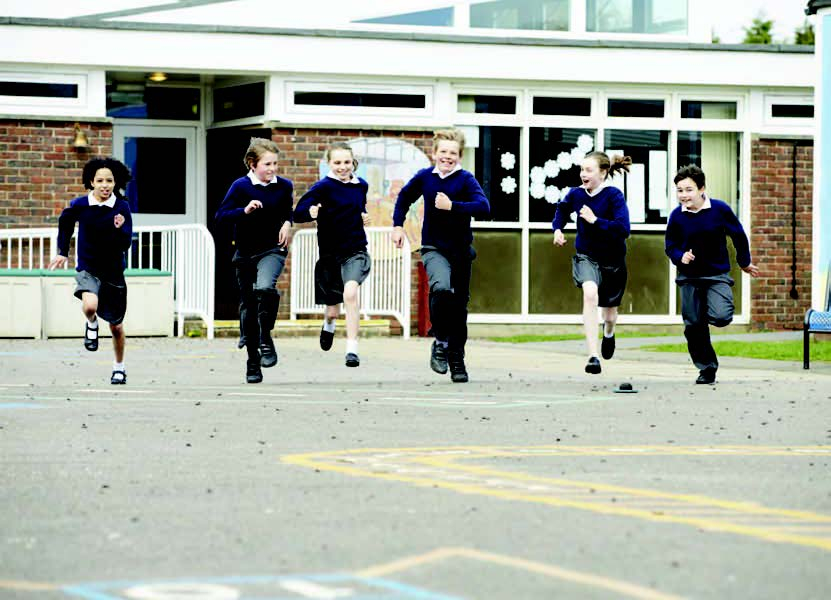School break times are shorter than two decades ago, meaning children are missing out on opportunities to make friends, socialise and exercise, research by University College London’s (UCL) Institute of Education suggests. The findings also indicate that children are now half as likely to meet up with friends in person as in 2006.”

Comparing data from 1,133 primary and secondary schools in 2017 with data collected in 2006 and 1995, researchers looked at how school breaks and young people’s social lives have changed.
They found that:
Serious implications
Baines said: “Despite the length of the school day remaining much the same, break times are being squeezed even further, with potential serious implications for children’s well-being and development.
“Not only are break times an opportunity for children to get physical exercise - an issue of particular concern given the rise in obesity, but they provide valuable time to make friends and to develop important social skills - experiences that are not necessarily learned or taught in formal lessons”.
Co-author of the Nuffield Foundation-funded study Professor Peter Blatchford said: “We believe that schools should refrain from cutting break times further.
“Policy-makers should also consider legislating for time for pupils to have adequate breaks. Working adults, including teachers have a right to breaks, yet there is no equivalent policy".